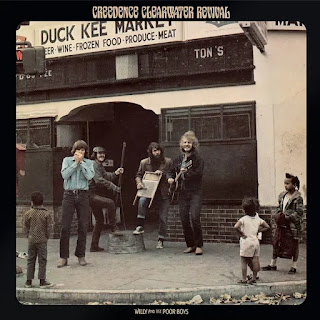189. Sleater-Kinney, "Dig Me Out"

I was wrong. Somehow, years and years ago, I decided that Sleater-Kinney was not my thing and were overrated and I decided not to like them. I'm not sure whether this was just a knee-jerk reaction to hearing a few songs and not giving them a chance or just being the kind of oppositional asshole I can be sometimes, but I am here today to say I was wrong, I'm sorry, and I hope Sleater-Kinney can forgive me because this album absolutely fucking rocks . This is S-K's second record and their first with drummer Janet Weiss, who I already knew from Quasi (a great and largely forgotten band that is worth a listen , but I digress), and whose drumming is absolutely essential to the sound of this album. (This is not to diminsh the roles played by Corin Tucker and Carrie Brownstein, more on which later.) Just check out "Things You Say," for example - it's not like it's super-flashy (although it is super-flashy sometimes on this album) - it's more like she kno





